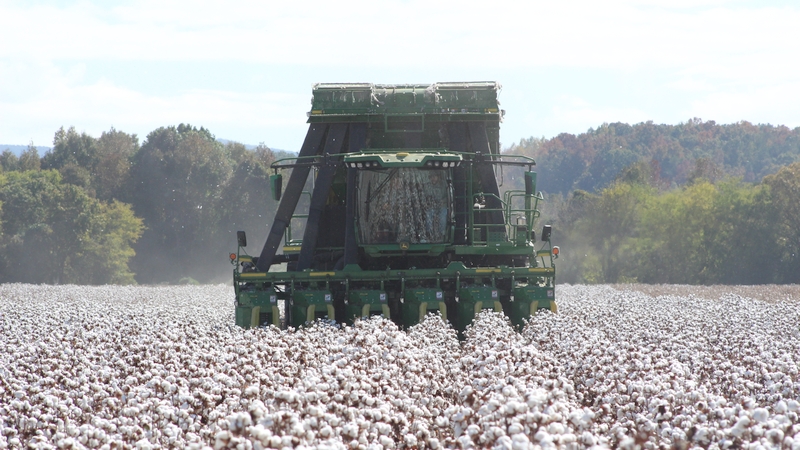SEEP to Report on Findings at ICAC Plenary Meeting
When the Social, Environmental and Economic Performance (SEEP) panel was created by the International Cotton Advisory Committee (ICAC) in 2006, its goal was to evaluate the positive and negative impacts of global cotton production. The results of the Panel’s efforts, with an emphasis on pesticide use in Australia, Brazil, India, Turkey and the United States, will be the topic of discussion at ICAC’s First Open Session at its 69th Plenary Meeting on September 21 in Lubbock, Texas. The discussion will be led by Allan Williams, SEEP chair.
The research was conducted in conjunction with the Netherlands-based Alterra research institute, part of Wageningen University and Research Centre. “Alterra addressed the types and amounts of pesticides (excluding herbicides) these countries used between 1994 and 2007, and the hazards these products present to human health and the environment,” according to Dr. Pat O’Leary, one of the 13 SEEP panel members and the senior director of agricultural research with Cotton Incorporated.
Although the hazard of a pesticide is based on factors such as its potential to cause cancer and its toxicity to various organisms such as bees and fish, the report will not address risks associated with using pesticides. For example, aldicarb — the active substance in Temik — has been determined to be highly toxic to bees, but it is soil-applied. As a result, it is unlikely that a bee would ever come into contact with it, greatly reducing the risk.
The final report will be available for downloading at http://www.icac.org/seep/documents/english.html and will include a section on factors in the studied countries that have influenced changes in pesticide use.









